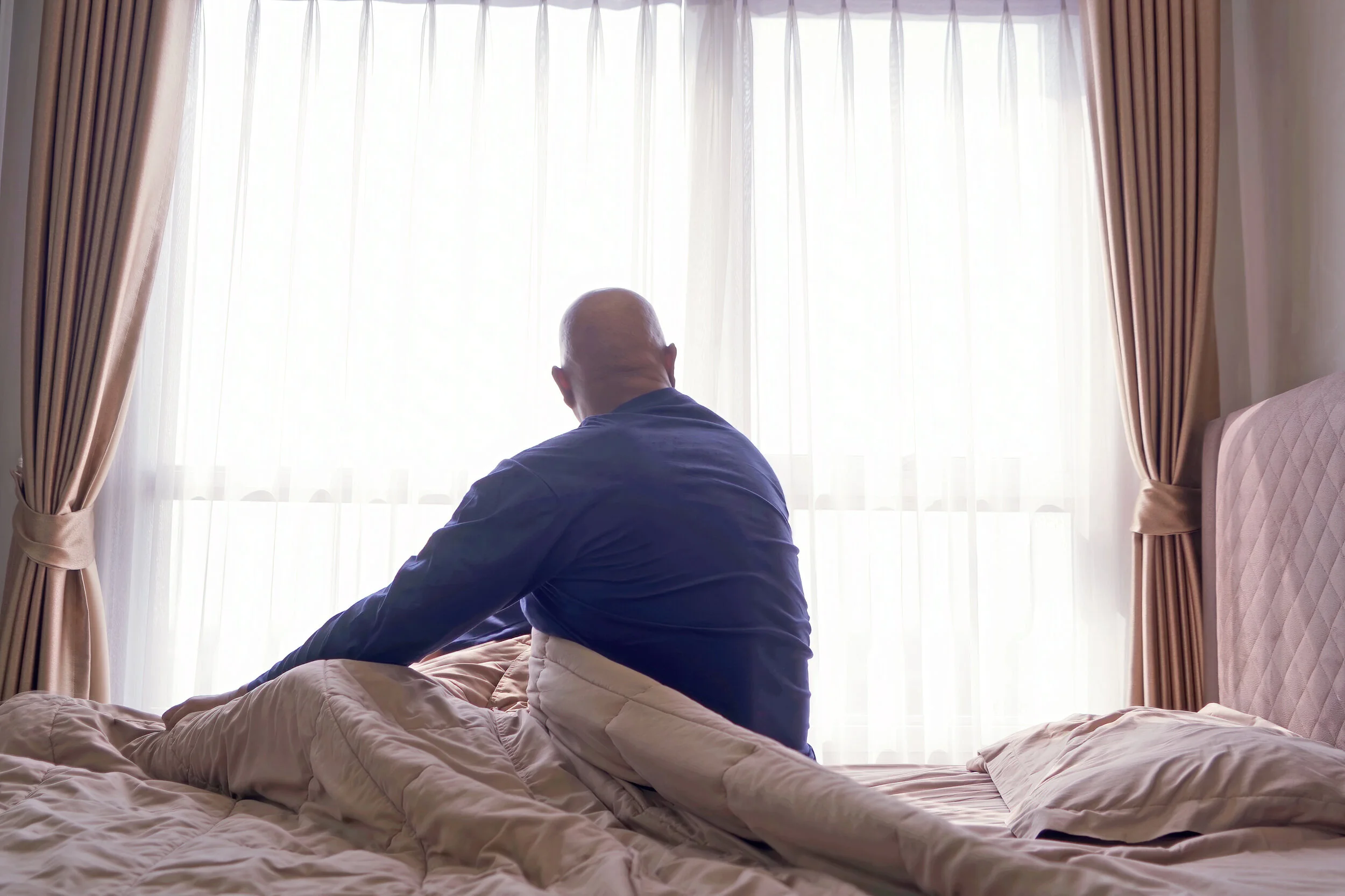Sleeping Pills — friends or foes?
It is common for people who are experiencing issues sleeping to reach for relief from sleeping pills. I know that I did when I was having trouble sleeping. I have tried almost every form — Ambien, Xanax, Benadryl… — so there is no judgment from me. But I am here today to shed some light on the truth about these pills so that you can decide if they are right for you.
Like Everything, Sleeping Pills Have Their Place
Taking sleep medication periodically isn’t all bad. It has its place, like for helping you overcome jet lag or get some sleep if you are experiencing a major stressor, like a divorce or death in the family. But it's not meant to be used long-term, and it will probably end up making the problem worse in the long run.
Sleeping pills may seem to help improve your sleep. However, research shows they can help you fall asleep faster by only about 15 minutes and increase total sleep by only 3-30 minutes.
The good news is that you can sleep without drugs!
The Problem with Sleeping Pills
Sleeping pills actually sedate you, so it's not a natural sleep. They produce an imbalance in chemical signals and decrease the time you spend in REM and deep sleep. This leads to the following side effects…
Brain fog
Difficulty waking up
High blood pressure
Memory loss
Strange, unexplained behavior
In addition, sleep aids can become addictive and begin to lose their effectiveness. You will need to take more and more for them to work. If you stop taking them, you will experience withdrawal and rebound insomnia.
Sleeping pills can mask other conditions, such as anxiety, depression, asthma, allergies, ulcers, chronic pain, heart problems, diabetes, and dementia.
These pills can be dangerous if you have an underlying condition, such as sleep apnea. Studies have shown that people with sleep apnea who have 2-18 apneas per night have around 100 apneas per night when they take a sleeping pill!
Sleeping pills can make you feel hungover, groggy, and foggy because REM and deep sleep are decreased. This defeats the purpose of taking them in the first place as sleep is supposed to make us feel refreshed, productive, clear-headed and energized.
Types of Sleeping Pills
Supplements like herbs and melatonin don't usually work by themselves unless you're making other changes, too.
Over-the-counter sleep aids are really antihistamines marketed to help with sleep. They have the side effects of clumsiness, dizziness, dry mouth and throat, and blurred vision.
There are 2 classes of prescription sleeping pills:
Benzodiazepines
They are 50 years old but still prescribed. They are highly addictive and tolerance builds up quickly. They're most commonly used for anxiety and they include the drugs Valium, Librium, Ativan, and Xanax. The side effects can be increased anxiety, agitation, and memory dysfunction. And they won't work for more than 3 weeks.
Hypnotics
These are a new class of drugs that work on GABA receptors in the brain that control alertness. These include Ambien, Lunesta, and Sonata. Zolpidem, the active ingredient in Ambien, helps knock you out but won't help you stay asleep. These sleep aids are marketed as being safer and less addictive. But there have been reports of strange behavior, like people eating strange things, leaving their bathtubs running and their ovens on, sleep driving, calling people, and having sex all while "asleep". In 2010, almost 20,000 people in the US visited the ER from taking these drugs.
The "Zolpidem Defense"
In several high-profile court cases, the defendants were given less charges or found not guilty for their crimes because they had taken Zolpidem. Their lawyers were able to prove that they weren't responsible for their decisions because they had taken a sleeping pill and weren't aware of their actions.
The Bottom Line:
Sleeping pills have their place for short-term use. But it's too easy to become dependent, and the side effects aren't worth it.
The Solution
The solution to your sleep problems is to deal with the root cause of your sleeplessness — both mental and physical. And I am happy to say as living proof that once you do, your sleepless nights and urge to reach for sleeping pills will be gone for good!
If you are interested in learning more, please reach out to me so that I can learn more about your situation and explain how I can help you kick the pills to the curb once and for all. You can schedule your complimentary 30-minute discovery call here →
For more tips, you can read more articles on improving your sleep in my sleep blog. I have a ton of great resources.
My mission is to help you get the rest you deserve to be your best.
Sweet Dreams
Kelly Murray is a certified sleep coach and an award-winning pediatric sleep consultant based in Chicago offering sleep coaching services nationwide.






